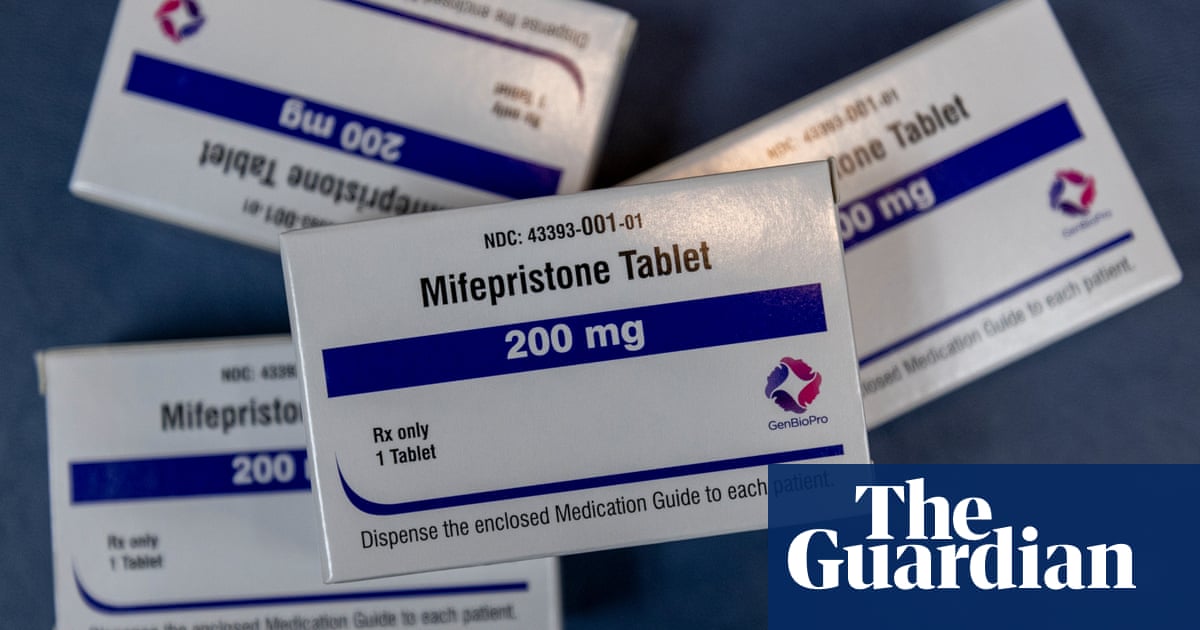Kristi Noem, the head of the US Department of Homeland Security (DHS), said on Tuesday that travelers without a REAL ID will still be able to fly when the updated identity system comes into effect on 7 May, but they may face extra scrutiny at transportation security agency (TSA) checkpoints.
Noem told lawmakers that 81% of travelers already have IDs that comply with the REAL ID requirements, and that those that don’t “may be diverted to a different line, have an extra step”.
“But people will be allowed to fly,” Noem added. “We will make sure it’s as seamless as possible.” She said that checkpoints would also accept passports and tribal identification.
REAL ID is a state-issued driver’s license or ID card that homeland security says is a more secure form of identification. The new ID will also be required to access certain federal buildings and facilities.
While initially recommended by the 9/11 Commission and signed into law in 2005, implementation has been repeatedly delayed. It was pushed back in 2022 to address the lingering impacts of the Covid-19, but the TSA confirmed last month that it would finally come into effect on 7 May, “making fraudulent IDs harder to forge, thwarting criminals and terrorists”.
A group of state senators from Kentucky asked the agency to delay implementing the new requirements yet again, arguing that the state has limited appointments available to people seeking the new cards in time to meet the deadline.
DHS had initially said that passengers would not be able to fly domestically without the new ID or another form of TSA-approved identification after Wednesday’s deadline passes.
“REAL ID is a coordinated effort by the federal government to improve the reliability and accuracy of driver’s licenses and identification cards,” said John Essig, the TSA’s security director for airports in the New York City region, in a press release on 3 April.
“The improvements are intended to inhibit terrorists’ ability to evade detection by using fraudulent identification.”
But the new system is not without state-by-state variances.
Residents of Michigan, Minnesota, New York, Vermont or Washington may have an “enhanced″ ID card instead, which permits people to both fly domestically and cross land and sea borders into Mexico and Canada from the US but does not allow air travel into either of those countries.
The new ID system has been opposed by civil rights groups, in part because it required sharing of information collected by states with the federal government and would thus create a national identification system.
The ACLU of New York said in opposition to the REAL ID act that it threatened privacy because “it consolidates Americans’ personal information into a network of interlinking databases accessible to the federal government and bureaucrats throughout the 50 states and US territories.
“This national mega-database would invite government snooping and be a goldmine for identity thieves,” it said.
The group also warned that “despite what the DHS claims, REAL ID is a real national ID card” and could turn Department of Motor Vehicles (DMV) offices into “immigration enforcement agencies” and force driver’s license agents to make complicated judgments about a person’s lawful status in the US.
“This is an inappropriate and dangerous function for state government,” the group warned. “Regulating immigration is a federal responsibility. Moreover, restricting immigrants’ access to driver’s licenses is a bad public safety policy as it sends immigrants further into the shadows and keeps them distanced from public safety and law enforcement officials.
The ACLU further warned that REAL ID won’t stop terrorists: “Identity-based security is not an effective way to stop terrorism. Driver’s licenses do not reveal evil intent, and REAL ID will force many who may have valuable intelligence information further into the shadows.”

 3 hours ago
5
3 hours ago
5













































